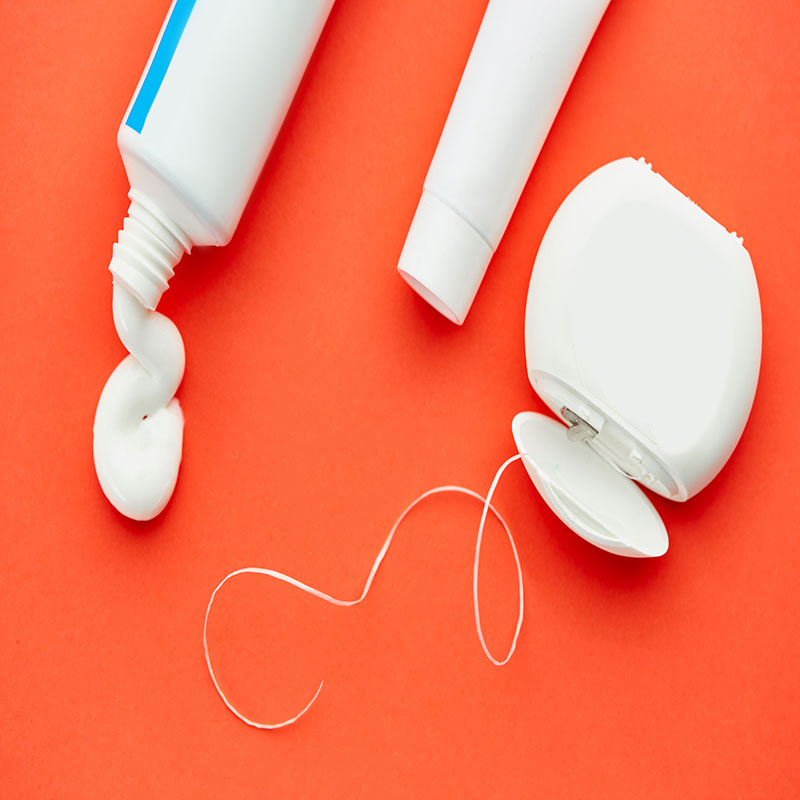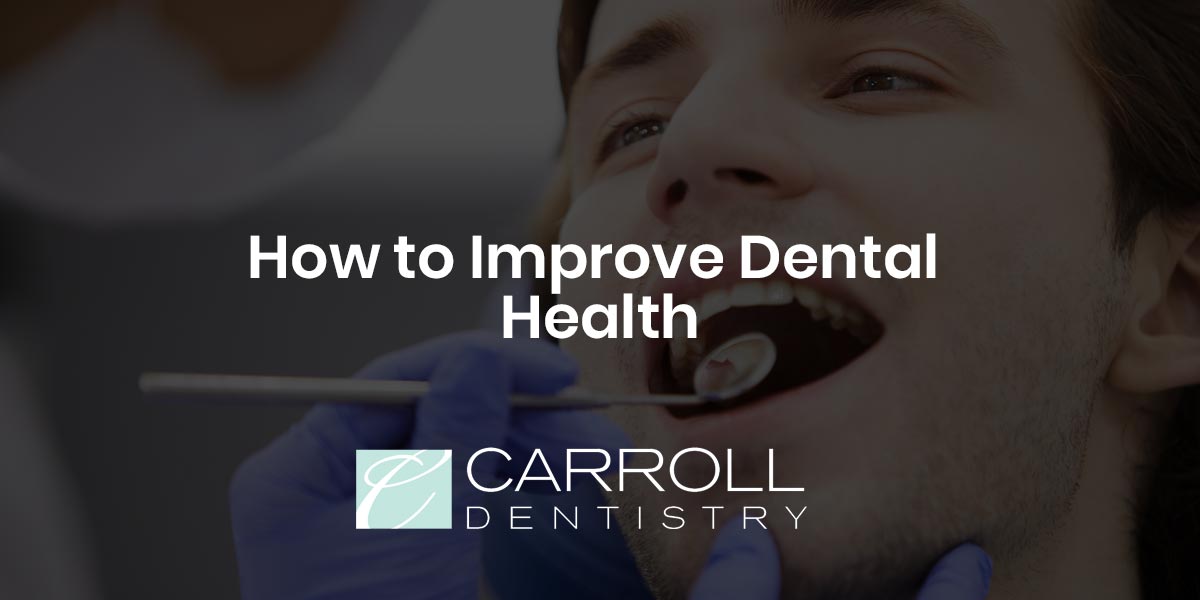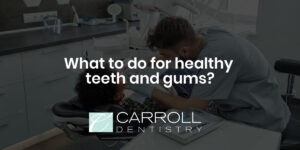Dental health is very important because it not only affects the health of our teeth and gums, but it also has an impact on our overall health. Do you know how to improve dental health and why it is important?
Poor dental health can lead to tooth decay, gum disease, bad breath, and even more serious health problems such as heart disease, diabetes, and stroke.
Maintaining good dental health through regular brushing, flossing, and dental check-ups can help prevent these problems and ensure a healthy mouth and body.

Can bad dental health affect the whole organism?
Yes, bad dental health can affect the whole organism. The mouth is a gateway to the rest of the body, and poor dental health can lead to a range of health problems beyond the mouth.
For example, if bacteria from gum disease enter the bloodstream, they can travel to other parts of the body and cause infections or inflammation. Research has linked poor dental health to an increased risk of systemic diseases such as heart disease, stroke, diabetes, respiratory infections, and even certain types of cancer.
Therefore, it is important to take care of your dental health to help maintain overall health and well-being.
In what ways can we thoroughly and easily clean teeth and gums?
To thoroughly and easily clean teeth and gums, follow these steps ant tips for beautiful and healthy smile:
Brush your teeth: Brush your teeth twice a day for two minutes each time. Use a fluoride toothpaste and a soft-bristled toothbrush to remove plaque and bacteria from your teeth and gums. Brush in a circular motion, paying extra attention to the gum line and back teeth. In that way you can also get rid of your yellow teeth.
Floss: Floss at least once a day to remove plaque and food particles from between your teeth and along the gum line. Gently guide the floss between your teeth, forming a “C” shape around the tooth and slide the floss up and down against the tooth and under the gum line.
Use mouthwash: Mouthwash can help to kill bacteria and freshen your breath. Swish the mouthwash around in your mouth for 30 seconds and then spit it out. Use an alcohol-free mouthwash to avoid drying out your mouth.
Clean your tongue: Use a tongue scraper or the back of your toothbrush to gently scrape your tongue to remove bacteria and freshen your breath.
Chew sugar-free gum: Chewing sugar-free gum after meals can help to stimulate saliva production, which can help to wash away food particles and neutralize acid in the mouth.
Eat a healthy diet: Eating a balanced diet that is rich in vitamins and minerals can help to keep your teeth and gums healthy. Choose foods that are high in calcium, such as dairy products and leafy greens.
Visit your dentist regularly: Regular dental checkups and cleanings are important for maintaining good dental health. Your dentist can identify early signs of dental problems and provide treatments to prevent them from getting worse.
By following these steps, you can easily and thoroughly clean your teeth and gums to help maintain good oral health.

When to visit the dentist preventively?
Visiting the dentist preventively is important for maintaining good dental health. It is generally recommended to have a dental checkup and cleaning every six months.
However, your dentist may recommend more frequent visits depending on your individual needs. If you have a history of dental problems, such as gum disease or tooth decay, or if you have a weakened immune system, you may need to visit the dentist more often.
It is also important to visit the dentist if you experience any dental pain or problems, such as bleeding gums or tooth sensitivity, even if it is not yet time for your scheduled checkup.
Early detection and treatment of dental problems can help prevent them from getting worse and potentially causing more serious health problems.







